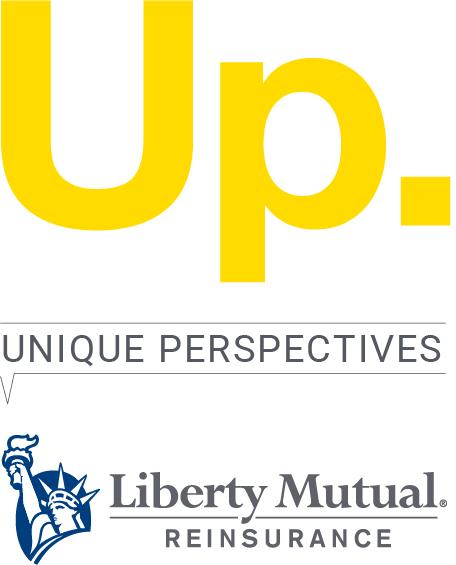I aspired to be a pro basketball player but the transition from 6th grade to 7th grade quickly extinguished the flame of that dream. Fast forward a decade, I’ve bartended, worked at an HVAC[1] company, interned at a major financial institution, and graduated from Providence College. Who would have thought, the foundation for a career in the reinsurance industry.
Many of us have heard about the reinsurance industry from parents, family members, and friends; I’m no exception, Uncle Pete provided my introduction. Afterall, he is an intelligent and trustworthy fellow – doesn’t cheat at golf and could finish the Sunday NY Times crossword puzzle before most people start their day. 20 years later and I’m still thankful for his career advice.
I was fortunate to start my career on the facultative (fac) side, which exposed me to many different types of risks. At first it was overwhelming learning the different types of hazards associated with everything from a logging operation to a manufacturing facility and everything in between. However, the variety of risks and coverages kept things interesting. I developed a strong network of underwriters, brokers, clients, and friends.
Fac reinsurance provides coverage for a single location or selection of risks. It’s typically a one-off transaction, so a lot of time was spent marketing, meeting insurance underwriters or brokers to generate business. Each deal is unique. It was up to the insurance underwriter and reinsurer to negotiate terms specific to the exposure. That’s assuming a direct relationship, if not, a reinsurance intermediary or broker would facilitate the negotiation. Often the reinsurer will be provided with a loss control report specifying the construction, occupancy, protection, and exposure. This allows the reinsurance underwriter to get a full understanding of the risk. Is the insurance to value adequate? What is the distance to the coast? What are the concerns from a fire perspective? Does the location have sprinkler protection? Is the location exposed to tornado and hail? These are all part of the underwriting discussion prior to finalizing the transaction. I promise it’s more exciting than I’m making it sound!
I’ve spent the last eight years as a property treaty underwriter and always felt my fac background provided a tremendous foundation and helped with the transition. Treaty reinsurance is less transactional and typically provides coverage over an entire portfolio. This gives an insurance company confidence that when a loss occurs, their entire book of business will be protected. Both fac and treaty are extremely important in reducing volatility for an insurance company. Both treaty and fac require cooperation across all internal lines of business to ensure a profitable reinsurance portfolio and the best solutions for clients and brokers.
Well, since the dreams of professional basketball never came together, I’ll be forever thankful for Uncle Pete introducing me to reinsurance. I’ve been extremely fortunate to work with some amazing people: customers, brokers, co-workers, and friends. As others have written, it’s really the people that propel this business forward and make it so rewarding.
[1] Heat Pump, Ventilation and Air Conditioning

